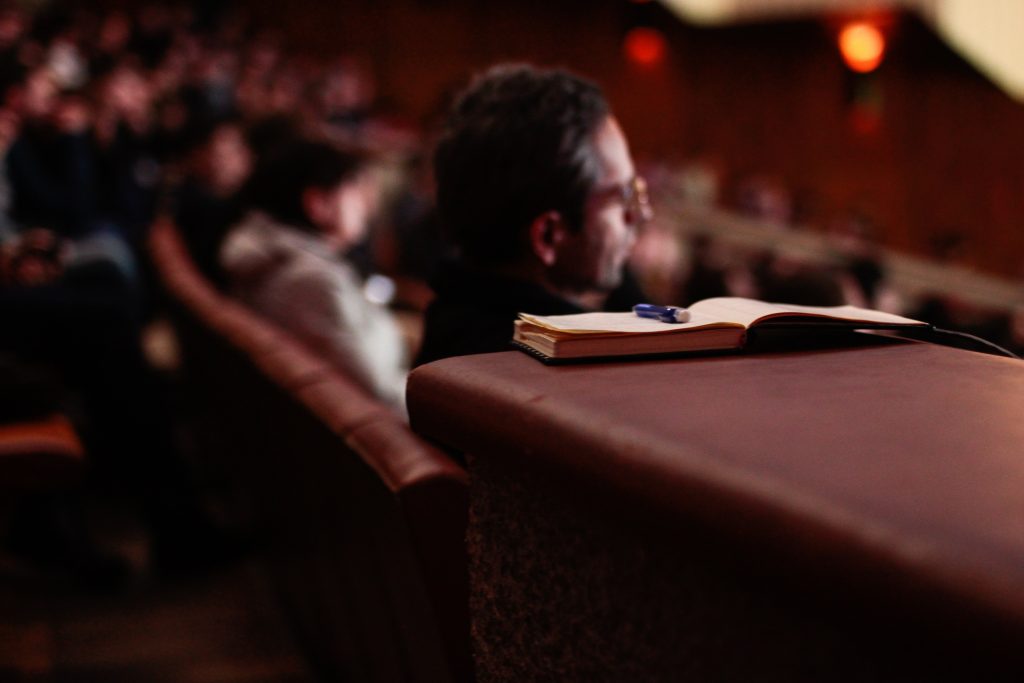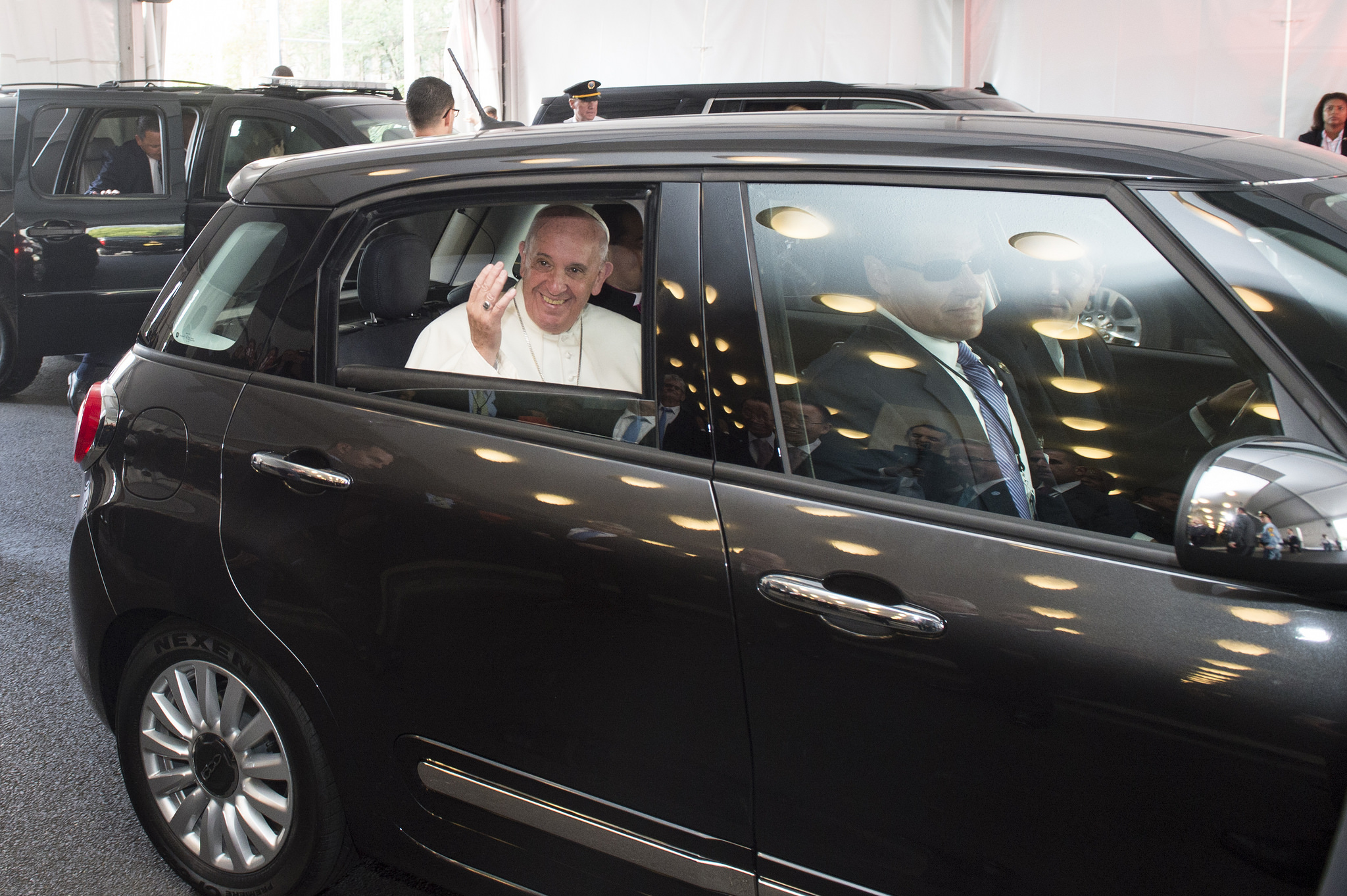This is a guest post by Stephen Attwood.
I often thought, when I retired and had time to reflect on wisdom acquired over many decades of living, I would write something profound and lasting for the benefit of my children. Now that I’ve reached the age of diminished productivity, I find myself at a loss as to what of anything of value I have to share.
When I was younger I was far more certain about all kinds of things.
“Good and bad I defined these terms,
quite clear no doubt somehow,
ah, but I was so much older then,
I’m younger than that now.” 1
Perhaps it is as God intended. After all, how could we teach our children right from wrong without some sense of conviction? Yet, now that my children are grown, I feel an obligation to not only apologize for my parenting mistakes, but also to admit their father is not, and never was, the keeper of the holy grail, but just another lost soul trying to find his way back home.
Soundbite Ideology
 We all want order in our lives, the certainty of knowing what’s true and what’s not, a clear understanding of good and evil. The absence of certainty contributes to a fear of the unknown, so we grasp at whatever soundbite ideology gives definition and meaning to our lives. This behavior applies to our expression of faith, as well as our political affiliation. We are taught God is mystery, well beyond our understanding. Yet, I’ve sat through many homilies that would suggest otherwise. We have a tendency to put God in a box, to force God to choose sides. There is a certain comfort in knowing one is right, even if it’s a false comfort.
We all want order in our lives, the certainty of knowing what’s true and what’s not, a clear understanding of good and evil. The absence of certainty contributes to a fear of the unknown, so we grasp at whatever soundbite ideology gives definition and meaning to our lives. This behavior applies to our expression of faith, as well as our political affiliation. We are taught God is mystery, well beyond our understanding. Yet, I’ve sat through many homilies that would suggest otherwise. We have a tendency to put God in a box, to force God to choose sides. There is a certain comfort in knowing one is right, even if it’s a false comfort.
Mature faith accepts uncertainty and recognizes we will always have more questions than answers. We are not God. We are seekers of truth. On our best days, we are moving in the general direction of the light. On other days, when ego, fear, or desire for self-gratification blind us, we lose our way, until humility and a true desire to grow in understanding lead us back to the path.
Our Beliefs Tested
Faith implies a belief, a trust, a conviction, but it is not a certainty or knowledge of the object of faith. “Faith is the substance of things hoped for.” Faith is shaped and tested by experience. Children test whatever convictions we had before we became parents. “Faith, hope, and love abide . . . and the greatest of these is love.” Why? Because what we believe to be true may change, and what we hope for may as well, but love remains the one constant. If our teenage son or daughter tearfully confesses to be gay, our belief in the sinfulness of gay marriage, and our hope for a carefully choreographed future for our child, will be tested, but our love for our child remains. Our personal experiences may have no bearing on any absolute truth, but they do give shape to our personal convictions and, hopefully, cause us to question the certainty with which we cling to many beliefs.
Conservative moralists like to argue that those who question specific moral teachings do so out of a desire to live an unrestricted, self-serving life. In fact, the absence of a well-defined code of moral commandments requires one to be much more intentional about how to live one’s life. The legalism Jesus preached against is very much alive today. We condemn others for their beliefs or behaviors, yet fail to love as Jesus commanded us. The question is less about the rightness or wrongness of any particular belief or action, than about why we hold that belief to be true or practice that behavior. Are we truly seeking truth, or simply rationalizing what in our hearts we believe to be contrary to God’s will? As Polonius wisely counseled his son, “This above all, to thine own self be true.”
 Growing in Understanding
Growing in Understanding
Our church’s catechism is a summary of doctrine addressing a broad array of moral issues. It is invaluable to us. It reflects the collective and evolving wisdom of the ages. It challenges us by providing a standard to measure our lives against. Yet, it is not absolute. Its teachings are not non-negotiable. Every moral question the church and/or others in authority take a position on is more nuanced, less black and white, than those who promulgate moral teachings would lead us to believe. The church, and the greater society in which it resides, grow in understanding. “For now, we see in a mirror dimly.” Understanding only comes to receptive hearts truly intent on discerning God’s will. “Wisdom is with the humble.” Church leadership, like every good parent, best serves those entrusted to its care when it acknowledges its own limitations, and apologizes for its own failures.
It is not only human nature to seek and embrace absolutes, it is also, at least in part, a response to our moment in history, when the leaders of our church and country have both failed us. Mahatma Ghandi recognized this long ago when he said, “I consider Western Christianity in its practical working a negation of Christ’s Christianity.” It’s worth asking, as yesterday’s bracelets suggested, WWJD?
Stepping into the mystery, accepting uncertainty, truly seeking God’s will in every situation, holding oneself accountable, rather than others, may not be the easy path, but it is at least directionally correct. When I am struggling with a decision, I am reminded of Abraham Lincoln’s well-known profession, “When I do good, I feel good. When I do bad, I feel bad. That is my religion.”
Stephen Attwood is a husband, father, and grandfather who volunteers with non-profit organizations serving the homeless in Phoenix, Arizona. He is also the father-in-law of Andy Otto, the editor of God In All Things.
1 Bob Dylan, “My Back Pages”









This reflection expresses my own feelings as I have grown older and less dualistic in my thinking and less certain about many of the certainties I held to be true in years gone by. Thanks very much!
Excellent! With regard to Lynda’s comment I also believe that being less certain about certainties has liberated me!
Thank you for this wise and beautiful post, which very much reflects my own experience. I love the way the author balances respect for Church teaching with a recognition that its authority is neither fixed nor infallible. The Church, and all the people in it, are growing towards God. I hope, someday, this truth will be expressed in our Creed.